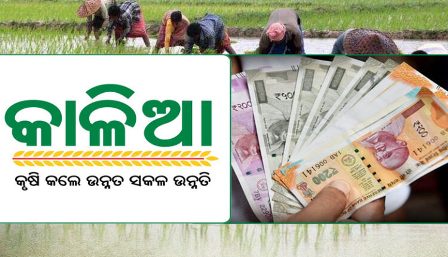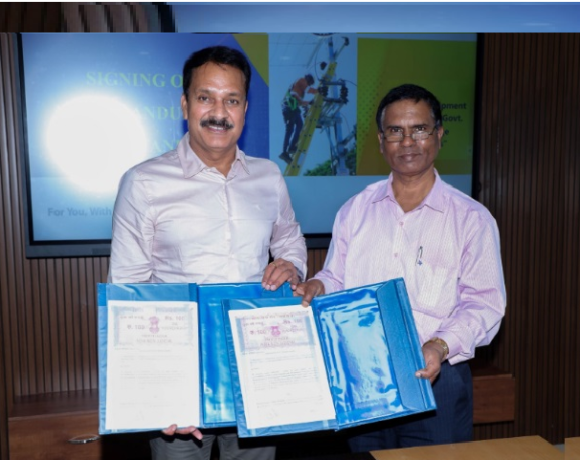Odisha releases Rs 877 crore under KALIA scheme

By Surya Narayan Panda
Bhubaneswar, April 1: Odisha Chief Minister Naveen Patnaik on Saturday released Rs 877 crore to the bank accounts of over 43 lakh farmers under the Krushak Assistance for Livelihood and Income Augmentation (KALIA) scheme on the occasion of Utkal Divas.
Over 43 lakh small and marginal farmers and landless farm workers received Rs 2,000 each in their bank accounts.
The financial assistance was transferred to the bank accounts of the farmers through the Direct Benefit Transfer (DBT) mode. The government said it will help farmers start cultivation activities in the current Kharif season.
However, the Jharsuguda farmers won’t get the installment as the model code of conduct is in force in the district for the upcoming assembly bypoll. They will receive the money after the bypoll is over, it was learnt.
Jharsuguda seat which is lying vacant after the assassination of local lawmaker Naba Kishore Das by a police officer on January 29, will go to the bypoll on May 10.
The KALIA scheme was announced in December 2018 with an objective to provide financial support to farmers to carry on their agricultural activities. The main objective is to wean away farmers from depending on money lenders.
Under the scheme, a beneficiary gets Rs 4,000 every year in two separate installments.
The Opposition Bharatiya Janata Party and Congress have criticised the KALIA scheme saying that it is an unrealistic, populist scheme that aims at luring the farmers towards the ruling Biju Janata Dal (BJD).
Soon after the launch of the scheme, Union minister Dharmendra Pradhan had shunned KALIA as a “propagandist” scheme of the Naveen Patnaik government to fool farmers to get their votes during elections.
The Congress lawmaker Tara Prasad Bahinipati had said the Rs 4,000 provided to a farmer per annum was inadequate and would do little to help the farmers.
“Rs 4,000 is too meagre to help farmers to meet their expenditure towards buying seeds, fertilizers and other agriculture inputs. The government must think up bigger support for them in terms of providing them free electricity and irrigation facilities, besides enabling them to sell their produces at right prices,” said Bahinipati.






